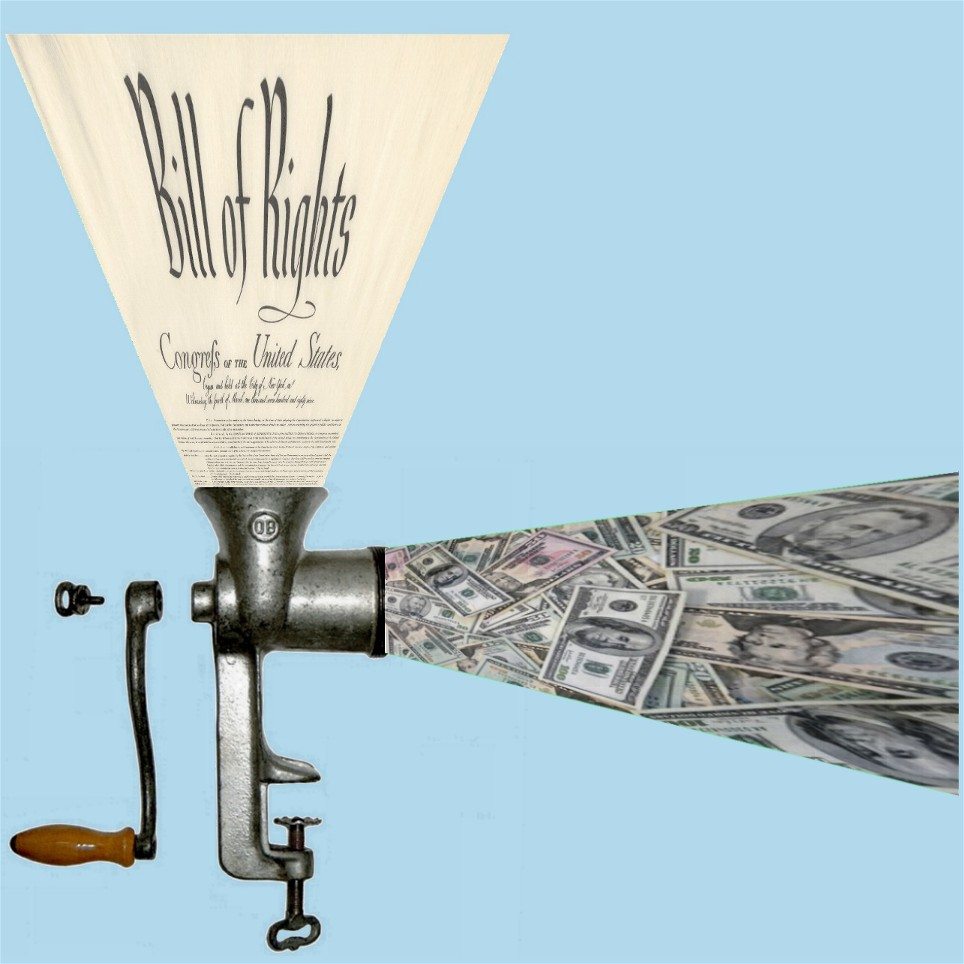Politics & Government
Why Government Is Not a Business

In a recent blog post on the “value” of running government like a business, I had some fun pretending to agree with the mantra that government decisions are best made with a “business orientation.” As a non-profit leader for the past 30 years and a part-time public official for nearly 10, I have heard this “run government like a business” adage again and again, as though it were a biblical truth. Government is best run without emotion, I have been told, with a view toward gaining “efficiencies” and getting the job done as effectively as possible. Pay what’s necessary to get the “talent” at the top to get the job done and make decisions about “cutting” — and “saving” when it comes to everyone and everything else without regard to any sense of “morality” or emotion.
Of course it’s a really bad idea to run government like a gas station or bank — public officials who follow that adage often fall into a trap of their own making, as I tried to illustrate in my admittedly uneven satire. My long experience with the public sector tells me that making decisions about “public good” can ONLY be done with a sense of public purpose and high values, where the “goals” are all about making people’s lives better and creating a wonderful city, state and country to live and work in—for everyone.
Taking the “emotion” and “morals” out of government decision-making leads to ridiculous decisions like the L.A. Housing Authority’s choice to spend nearly a half-million dollars per year on the salary of one person and thousands of dollars on meals for top officials in an agency whose mission is about housing the desperately poor.
The dangers inherent in “commodifying” the workings of important societal institutions like government and family were made even clearer in a Christmas Day N.Y. Times description of how Republican presidential candidate Mitt Romney was shaped by his education at Harvard Business School in the 1970s. There, Romney successfully used a “growth- share matrix” to “prove” that an investment in children over time can pay off in strictly business terms:
“Your children don’t pay any evidence of achievement for 20 years,” Mr. Romney said. But if students failed to invest sufficient time and energy in their spouses and children, their families could become “dogs” – consultant speak for drags on the rest of the company – sucking energy, time and happiness out of the students. The presentation was a hit: Mr. Romney had proved the value of family time based not on emotion but on yield.
In many ways, the decisions we make about our families and our government are similar. They both require a highly value-laced analysis of “public good” that’s separate from a typical analysis of “financial return.” How can we fully quantify in business or efficiency terms our love for our children or our commitment to the creation of a good quality of life for our neighbors? Is my child really a “dog” if he can’t find a job commensurate with the amount of money I’ve invested into his upbringing and education? Is a development project that I voted for at the L.A. Community Redevelopment Agency, where I serve as a commissioner, similarly a “dog” if it creates housing for the poor, good jobs for the unemployed and a beautiful place to hang out for the neighbors — but doesn’t produce a large profit for the parties involved?
I think that many Americans would agree that the principles of market capitalism do NOT provide the answers to the most important questions in life — like how to best provide housing for the poor and how to help our children live happy and fulfilled lives. The quest to discover those answers requires something far more profound than a managerial motto and growth-share matrix.

-

 Latest NewsFebruary 3, 2026
Latest NewsFebruary 3, 2026Amid the Violent Minnesota Raids, ICE Arrests Over 100 Refugees, Ships Many to Texas
-

 Featured VideoFebruary 4, 2026
Featured VideoFebruary 4, 2026Protesters Turn to Economic Disruption to Fight ICE
-

 The SlickFebruary 2, 2026
The SlickFebruary 2, 2026Colorado May Ask Big Oil to Leave Millions of Dollars in the Ground
-

 Column - State of InequalityFebruary 5, 2026
Column - State of InequalityFebruary 5, 2026Lawsuits Push Back on Trump’s Attack on Child Care
-

 Column - California UncoveredFebruary 6, 2026
Column - California UncoveredFebruary 6, 2026What It’s Like On the Front Line as Health Care Cuts Start to Hit
-

 The SlickFebruary 10, 2026
The SlickFebruary 10, 2026New Mexico Again Debates Greenhouse Gas Reductions as Snow Melts
-

 Latest NewsFebruary 12, 2026
Latest NewsFebruary 12, 2026Trump Administration ‘Wanted to Use Us as a Trophy,’ Says School Board Member Arrested Over Church Protest
-

 Latest NewsFebruary 10, 2026
Latest NewsFebruary 10, 2026Louisiana Bets Big on ‘Blue Ammonia.’ Communities Along Cancer Alley Brace for the Cost.

